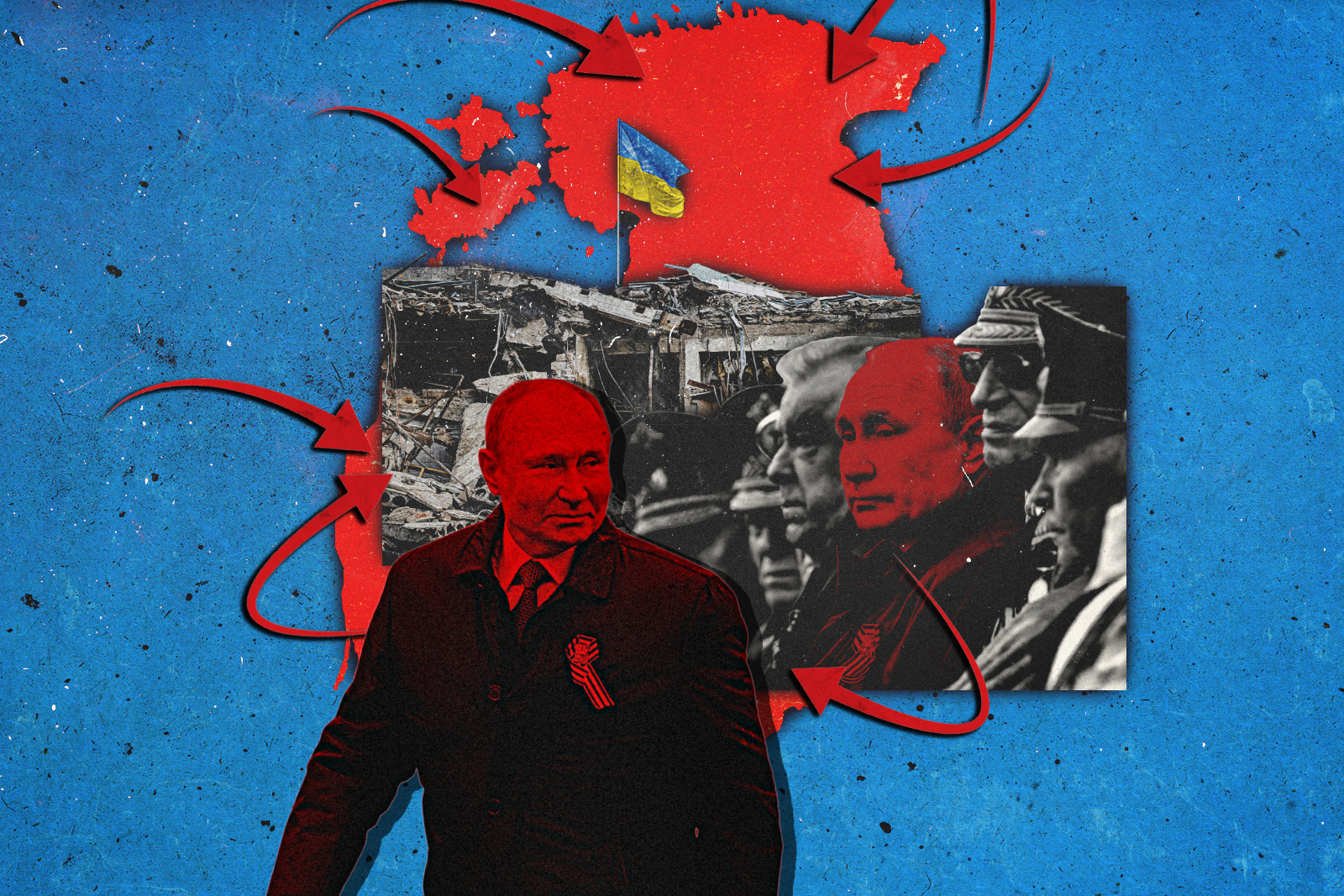
Are the Baltics Next? NATO’s Denial of Russian Aggression
Large-scale conventional warfare in Europe seemed almost impossible after 1945. Russia’s invasion of Ukraine has upended that sense of security. The rules-based international order is under attack. Further Russian aggression, especially in the Baltic region, seems increasingly possible. The threat of a Russia-NATO confrontation requires a clear NATO response and a change in strategic thinking.
NATO must shift to a deterrence-by-denial strategy. Rather than promising to inflict damage if Russia attacks, a denial strategy places an emphasis on reducing the benefits of aggression and convinces Russia that it would not be able to achieve its goals. The best way to implement a denial strategy in the Baltics is to prioritize a layered air defense system.
NATO’s current enhanced forward presence strategy sometimes referred to as a tripwire force, neither deters enemy aggression nor promises sufficient reinforcements. The region’s vulnerability is the Suwalki Gap, a 60-mile border that connects Lithuania to Poland and the rest of NATO territory. Russia’s goal is to close the gap to connect the NATO-encircled region of Kaliningrad to the rest of Russia through Belarus, a Russian vassal state. Should Russia achieve this goal, NATO would have to launch a large counteroffensive which could lead to nuclear escalation.
Ukraine’s exemplary defense taught the West that Russia is particularly vulnerable to advanced air power. Investing in a layered air defense network would prevent Russian fighters from flying over NATO territory. It would also limit Russia’s anti-access/area denial capabilities which seek to both inhibit NATO’s ability to access the operational area and operate within the operational zone, thereby protecting NATO ground forces in the region, command and control hubs, and critical infrastructure.
An expanded air defense network, with prepositioned equipment in the Baltic states, will enhance the region’s strategic depth. The small area in which NATO can physically operate creates an issue of dispersal, making it easier for Russia to target ground forces and successfully conduct suppression of enemy air defense missions. Using air defense to expand the region’s strategic depth would allow NATO to operate in a larger area, offsetting the dispersal problem while degrading Russia’s air power.
A denial strategy requires that NATO sends a strong signal to the Russian regime. Many Russian and defense experts believe that Russian President Vladimir Putin only respects and recognizes strong force. The multinational brigades stationed in each Baltic state with a promise of reinforcements simply do not send a sufficient deterrent signal. The weaponry to which the Russian military is critically vulnerable sends the right signal. The Russian regime will notice a large network of short-, medium- and long-range air defense systems. This means Stingers, NASAMS (a networked short to medium-range air defense system), and Patriots, and possibly a larger presence of advanced fighters.
Greatly expanding NATO’s air defense network might seem like an escalatory measure. Russia is undoubtedly going to argue this point and may conduct nuclear exercises in response. However, we saw that when NATO built the first Aegis Ashore Missile Defense System in Romania, Russia complained and said NATO escalated tensions. Then nothing happened because increasing defenses is not preparing for an offensive. Any NATO action to increase its defenses will lead to complaints. Russia’s end goal is to paralyze NATO out of fear and thus block NATO action.
As we approach the 80th anniversary of the end of World War II, we are reminded of the need to do our best to prevent another destructive, large-scale war in Europe. NATO needs to act now while Russia is occupied in Ukraine. Placing a priority on air defense systems reduces the risk of attack in the Baltics because it denies Russia the ability to achieve its strategic goals. The Alliance is stronger than it has ever been and united to defend every inch of NATO territory. A denial strategy will prevent another future war and preserve European peace.

